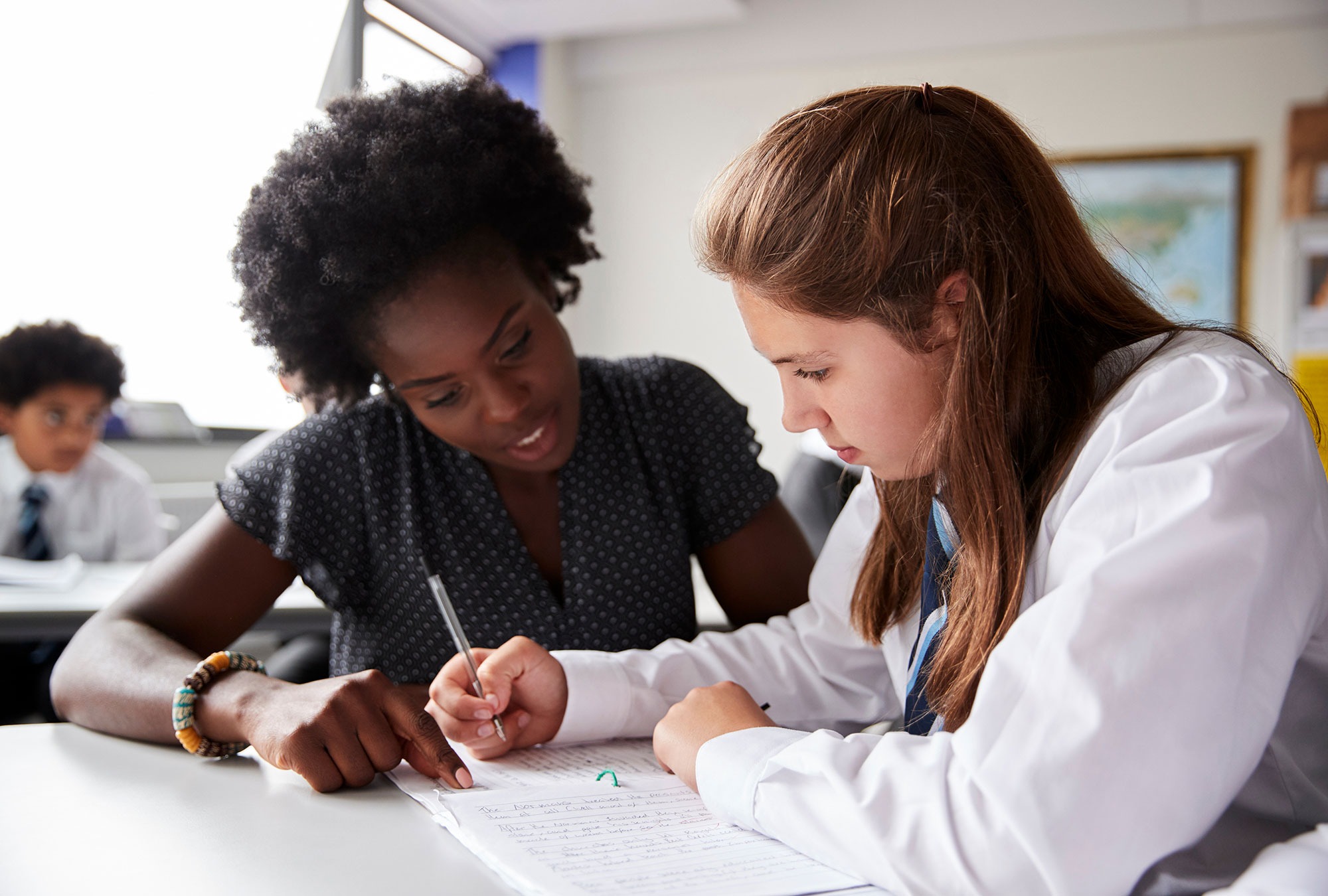Collegiate recovery programs are gaining traction, especially at community colleges, as more individuals in recovery seek education as part of their long-term rehabilitation journey. These programs provide essential support and services tailored to the unique challenges faced by students in recovery, such as flexible coursework, counseling, and support groups.
Minneapolis College’s collegiate recovery program, established in 2017, was among the first at a community college in the nation. Today, there are over 23 such programs, reflecting a growing awareness of the needs of individuals recovering from substance use disorders.

Minneapolis College (Credits: The Hechinger Report)
These programs benefit individuals in recovery and contribute to community colleges’ efforts to attract and retain students. With enrollment declines in recent years, community colleges are expanding their support services to reach more students, including those in recovery.
Genevieve Ward’s Experience Illustrates the Transformative Effect of College Recovery Programs
While research on the effectiveness of these programs is still evolving, early data suggests positive outcomes such as lower relapse rates and improved academic performance for students involved in collegiate recovery programs.
Advocates are working to enhance and expand these programs, using creative approaches like forging partnerships with student groups and treatment facilities to provide comprehensive support to individuals in recovery who are pursuing education.
These efforts aim to establish evidence-based practices, ensure that collegiate recovery programs continue to thrive, and support the recovery journeys of many individuals.
Genevieve Ward‘s journey highlights the transformative impact of collegiate recovery programs. Enrolling at Skagit Valley after her incarceration, Ward pursued her academic goals and obtained certification as a peer recovery coach, using her skills to support others in recovery.

Community colleges tackle challenge (Credits: YES! Magazine)
Community colleges’ flexibility in academic offerings is crucial for students like Ward, making higher education accessible. However, this flexibility can also pose challenges for on-campus recovery groups, as students may face obstacles inconsistent attendance and participation due to part-time courses, online classes, and short programs.
Engaging students in recovery programs is further complicated by their busy schedules, which often involve juggling work, family responsibilities, and education. This often leads to quick turnover in leadership roles within these groups.
The challenges extend to staffing and funding, with many programs struggling to fill positions due to staff shortages in the treatment and recovery field. Despite initial funding and support, Minneapolis College’s recovery program faced setbacks during the pandemic, including staff vacancies and decreased participation.
Lisa Schmid, the program coordinator at Minneapolis College, emphasized the need to normalize discussions around recovery and increase awareness of support services on campus. Collaborations with other campus departments, such as veteran services and admissions, can help expand support networks for students in recovery.
While collegiate recovery programs are vital in supporting individuals like Ward on their recovery journey, ongoing efforts are needed to address staffing, funding, and outreach challenges to ensure the program’s effectiveness and sustainability.























